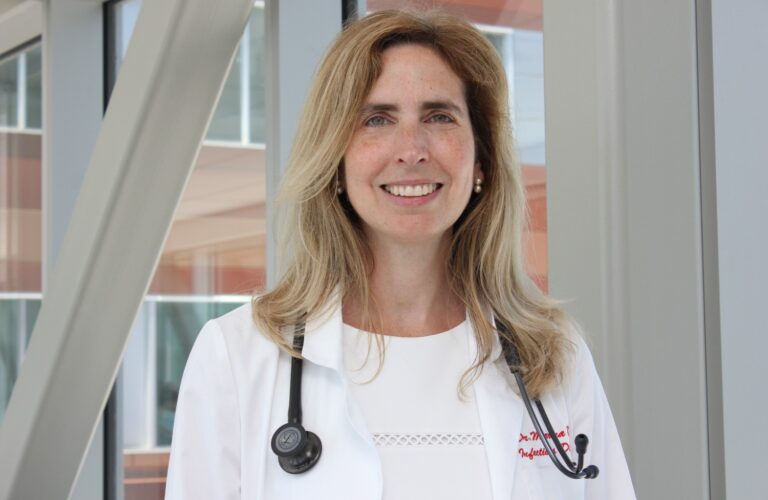
Growing up in the rural Pacific Northwest region of the US, sexual health resources were hard to access, especially for members of gender and sexual minority communities. While there might have been routine HIV and sexually transmitted and bloodborne infection (STBBI) testing services available, they were not the types of population-specific programs that have been shown to promote prevention, testing, and treatment. So while I’ve worked in various public health capacities throughout my career, I never had the opportunity to work within my own community as a queer man, until I moved to Canada.
After relocating to Vancouver to do my PhD at UBC, I had my eyes opened (sometimes literally!) to the amazing sexual health work being done throughout the country, especially the work and research being done in partnership with the community. As such, I jumped at the opportunity to do critically important research with some of the most innovative programs and investigators in the world.
Life as a postdoc
I am working on my CTN postdoctoral fellowship project, ‘Uptake factors influencing PrEP/PEP doxycycline use in gay, bisexual, and other men who have sex with men and trans clinical trial enrollees: The UPDATE Study,’ examining the knowledge, attitudes, and beliefs of gay, bisexual, and other men who have sex with men (gbMSM) and trans people around the role of doxycycline for preventing bacterial STBBIs, and its impacts on STBBI testing and treatment.
My project is being supervised by CTN Core Co-Lead Dr. Troy Grennan, who I first met when I was working in sexual health for a community non-government organization.
I remember when Dr. Grennan first proposed the idea of researching doxycycline for pre- and post-exposure prophylaxis (PrEP and PEP, respectfully) for trans individuals and gbMSM. While some people reacted like it was this wild idea, I thought it was a potentially innovative way to address bacterial STBBI rates, which were still increasing in some historically marginalized communities despite improvements in access to testing and other prevention resources.
The idea itself is actually rooted in some simple concepts; by expanding the options and resources available for people to prevent bacterial STBBIs, we can increase the likelihood of more people finding options that better suit them as individuals.
There have been a few small studies on using doxycycline for STBBI prevention that produced promising results, but they weren’t large enough to really demonstrate effectiveness. Hopefully this project will produce some great evidence that shows this model works and can subsequently transform bacterial STBBI prevention efforts by introducing some new, very effective options.
In addition to developing an effective prevention model, I really hope to use my postdoc research to better understand how new sexual health interventions positively impact peoples’ lives — including sex lives — beyond just STBBI prevention. I think it can be really empowering and transformative to find sexual health tools that work for individuals and allow them to really help determine their own health outcomes. On a more personal level, I hope that my postdoc project continues to open doors for me to work on new research approaches to supporting sexual health, especially in communities disproportionately impacted by HIV and other STBBIs.
Looking ahead
This research field must address the historic exclusion of some communities and populations from many clinical studies and trials. It’s not just that people haven’t been included in a sample population, it’s also that in the real world, outside of research, these communities and populations might not even benefit from any of the findings. In sexual health, we unfortunately see that all too often. I think research reflects our societies and cultures, so we tend to see a lot of research that is conducted with, and benefits, the groups and individuals who hold the most power. I personally hope to use my research to help change this for the better.
I recently received a pilot grant from the CTN to conduct a nationwide research study on HPV and trans men and gender non-binary individuals assigned female at birth. Dr. Grennan and I had observed that these communities were not receiving the same research attention as other groups, despite having their own unique risks associated with HPV and despite other work demonstrating just how effective population-specific HPV awareness and prevention campaigns can be. If I had a crystal ball, I would predict that I will be doing more HPV research like this in the future, and working to make sure that sexual health research is as inclusive as it can possibly be!






